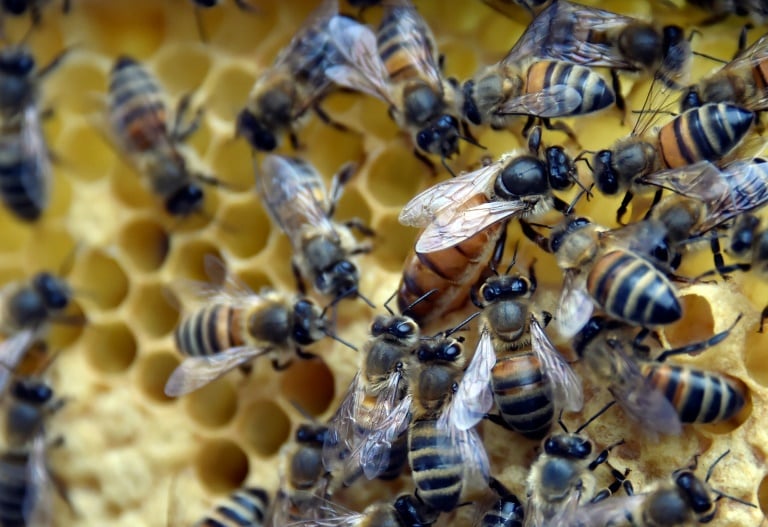Ramaphosa launches commission of inquiry into apartheid-era justice delays
The report said “most uses” of the three neonicotinoid pesticides, which are based on the chemical structure of nicotine and attack the nervous systems of insect pests, posed a risk to bees.
Bees help pollinate 90 percent of the world’s major crops, but in recent years have been dying off from “colony collapse disorder,” a mysterious scourge blamed on mites, pesticides, virus, fungus, or a combination of these factors.
Wednesday’s report by the European Food Safety Authority (EFSA) triggered immediate calls from environmental campaigners for tighter restrictions on neonicotinoids, if not an outright ban.
“Overall the risk to the three types of bees we have assessed is confirmed,” Jose Tarazona, Head of EFSA’s Pesticides Unit, said.
The EU restricted the use of three types of neonicotinoid — clothianidin, imidacloprid and thiamethoxam — in 2013 as part of efforts to protect bees and commissioned a deeper report into their effects, gathering all available studies on the issue.
Two chemical giants whose products are affected by the restrictions — Switzerland’s Syngenta and Bayer of Germany — are challenging them in the EU courts.
In a statement, Bayer said it “fundamentally disagrees” with EFSA’s updated guidance on clothianidin and imidacloprid, which it manufactures.
“EFSA’s findings place it outside the current mainstream science on bee health, as represented by recent similar assessments” by US and Canadian agencies, the company said.
The European Crop Protection Association — the trade body for pesticide producers — said that with the right measures, the risks posed by the pesticides could be managed.
– Bees getting lost –

The pesticides can cause bees to become disorientated so they cannot find their way back to the hive
Unlike contact pesticides — which remain on the surface of foliage — neonicotinoids are absorbed by the plant from the seed phase and transported to leaves, flowers, roots and stems.
They have been widely used over the last 20 years, and were designed to control sap-feeding insects such as aphids and root-feeding grubs.
Past studies have found neonicotinoids can cause bees to become disorientated such that they cannot find their way back to the hive, and lower their resistance to disease.
The European Commission, which has begun sounding out member states about tightening the restrictions on the pesticides, said Wednesday that protecting bees was a “priority”.
It said the new report “strengthens the scientific basis for the commission’s proposal to ban outdoor use of the three neonicotinoids”.
Greenpeace welcomed the report, saying it showed a total ban was needed.
“National governments must stop dithering and back the proposed EU neonicotinoid ban as the first step to prevent the catastrophic collapse of bee populations,” the environmental campaign group’s Franziska Achterberg said.
Download our app